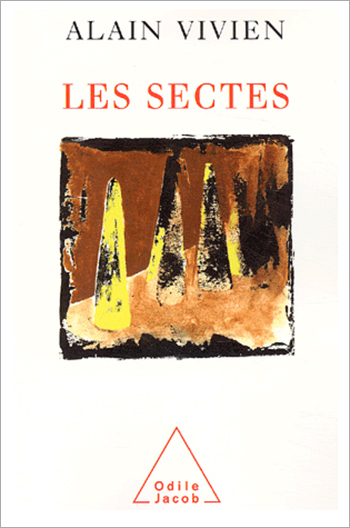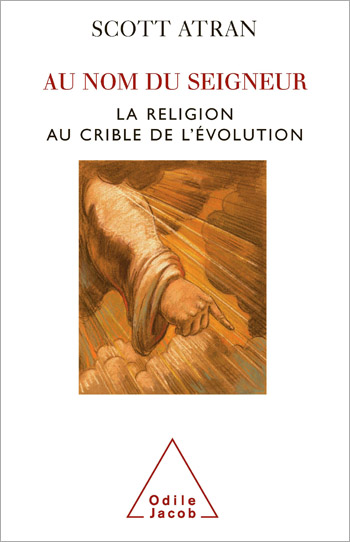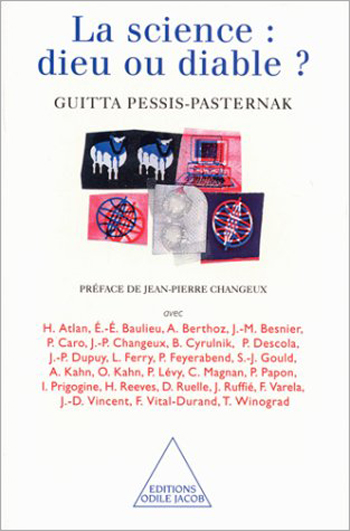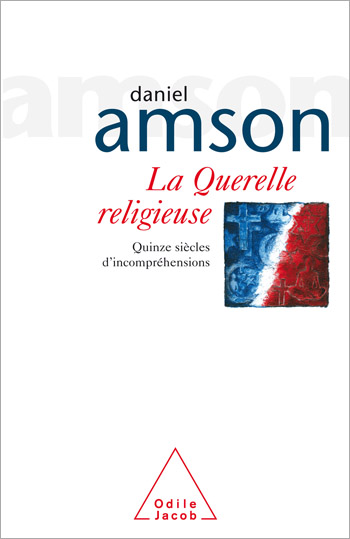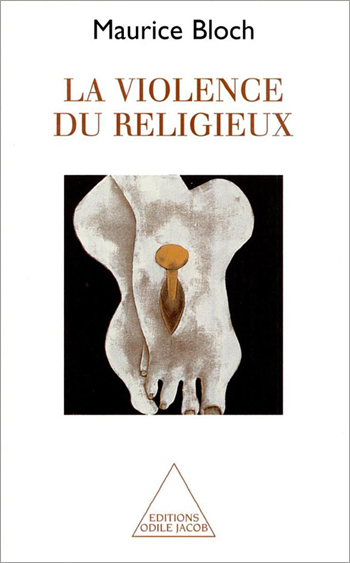Religions, Spiritualities All books
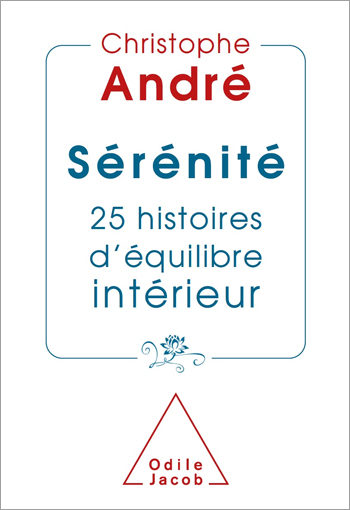
Christophe André
Serenity
In this concise book, Christophe André guides us, surely and effectively, toward serenity and well-being
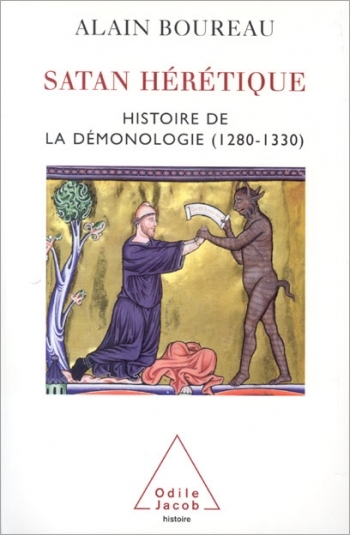
Alain Boureau
Satan, the Heretic History of demonology in Medieval Europe, 1260-1350
Alain Boureau is one of the most original French medievalists. In his earlier, best-selling book on the droit du seigneur, he showed that such a custom had never actually existed. The present work is not about Satan and Satanism, but about the birth of demonology, i.e. about the demons that inhabit Satan's Court - a fascinating topic for a medievalist. Before the end of the thirteenth century, theology had shown little interest in demons, according to Boureau. But Saint Thomas Aquinas' Treatise on Evil, written in 1272, changed all this. Boureau tries to find an explanation. He is not concerned with why people believe in demons - he has not written a social history of demonology. Instead, he sets out to understand why theologians became interested in the subject - for this is a history of theological ideas about demons. The author summarises his explanation as follows: I propose that the date of the invention of demonology be moved forward by more than a century, not because a new doctrine was established and enforced then, as was the case in the fifteenth century, but because of the considerable procedural changes that assimilated witchcraft and invocations of the devil with the crime of heresy, which in turn led to new legal developments and more revelations. In addition, the injection of doctrinal content into the ancient theme of the devil's pact explained demoniac activity in the world. The issue that lies at the heart of these discussions about a pact with the devil, evil and evidence is obviously the emergence of our legal system. Alain Boureau is a director of studies at the Ecole des Hautes Etudes en Sciences Sociales.

Fouazia Farida Charfi
Sacred Questions A modern and re-imagined Islam
1.The two chapters on Islam explain in easy terms, accessible to all, the essentials of Islam and the reflections of the great Arab thinkers on the texts. A feminine point of view, modern and updated, on Islam: religious education, the meaning of the veil in Tunisia, observing Ramadan… A scientist and Secretary of State in 2011, Farida Faouzia Charfi is a major figure in Tunisian political life.

Jean-Pierre Mohen
Rites of the Afterlife
Humans define themselves in the way they relate to death. Funerary rites are the manifestation of this essential relationship to the afterlife
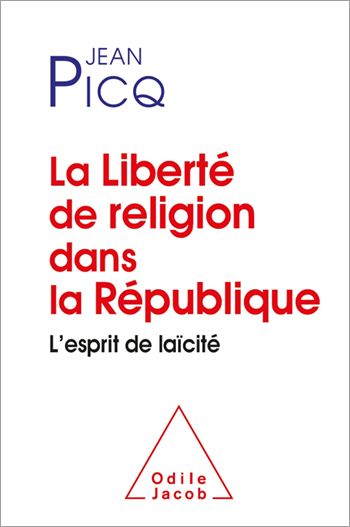
Jean Picq
Religious Freedom in the French Republic Restoring the Spirit of French Secularism
‘Laïcité’ has been at the heart of numerous debates in France. The author argues here for a multifaceted, open secularism.
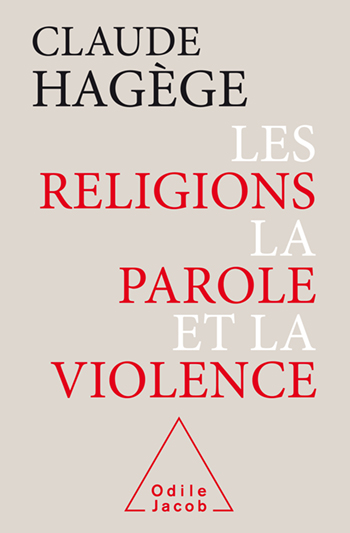
Claude Hagège
Religions, the Word and Peace
A unique and original contribution, both erudite and mordant, from a specialist, on the question of the ties between violence and religions, which is such a crucial one in today’s world.
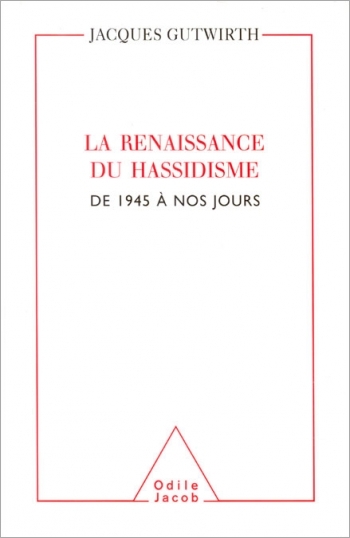
Jacques Gutwirth
The Rebirth of Hasidism, from1945 to the present
In 1945, there were 20,000 Hasidim in the world. Today, there are between 350,000 and 400,000, about half of whom live in Israel. This population explosion cannot be explained simply by demographic reasons. In France alone, it is estimated that there are 10,000 to 15,000 Lubavitch Hasidim, a small but particularly active community. Jacques Gutwirth paints a vivid picture of the major centres of Hasidism - Antwerp, New York, Jerusalem, Bne Brak and Paris. He describes the main aspects of Hasidism today, its spiritual and intellectual contributions, its recent history and the influence it has. Hasidism cannot be reduced simply to a religious conception, a way of expressing one's religion, or a particular lifestyle. Its rapid development is linked to current politics and global economics, to which in turn it also contributes. In this rigorous, balanced study of one of Judaism's most dynamic communities, the author provides solid information to further the discussion on the rise of religious fundamentalism. Jacques Gutwirth is an anthropologist and an honorary research fellow at the Centre National de la Recherche Scientifique (CNRS). A pioneer in the field of urban anthropology, he has taught at the University of Provence, in Aix, and at the University René Descartes, in Paris, as well as in Germany and the United States. He is the founder of the laboratory of anthropology at the CNRS. His first book, Vie Juive Traditionnelle, about a Hasidic community in Antwerp, is regarded as a classic. He is also the author of Les Judéo-Chrétiens Aujourd'hui and L'Eglise Electronique: La Saga des Télévangélistes
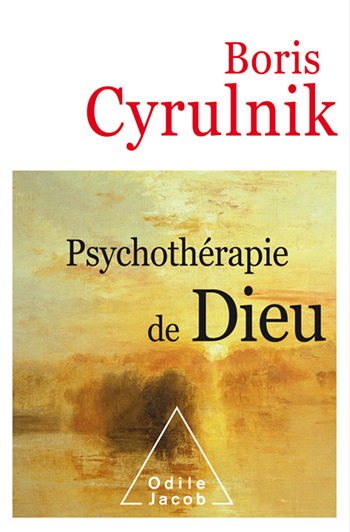
Boris Cyrulnik
Psychotherapy from God
Combining developmental psychology, attachment-based therapy, psycho-sociology, and the neurosciences, a psychotherapy of the sacred that takes into account all forms of belief, without distinction and without judgment, to analyse their foundations, their practices, their inner workings, and also their benefits. An original enlightening study of the major role played by attachment (secure or insecure) in religious feeling.
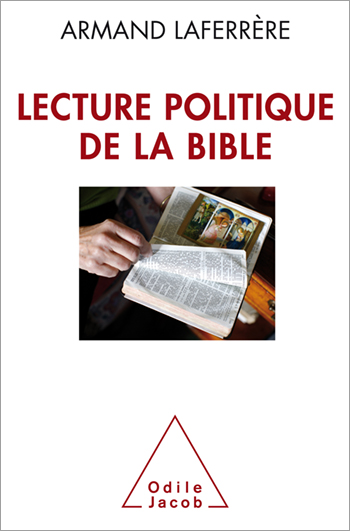
Armand Laferrère
Political Reading of the Bible
The Bible is not just a spiritual treasure it is also a political manual for our times.
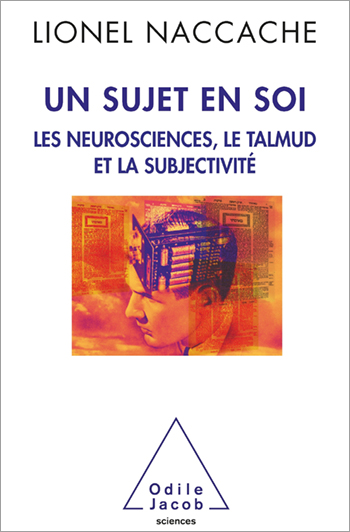
Lionel Naccache
On Being a Subject in Oneself The Talmudic Experience of Spirituality
What does it mean to be oneself? What does it mean to believe? An exploration of the neuroscience and philosophy of subjectivity
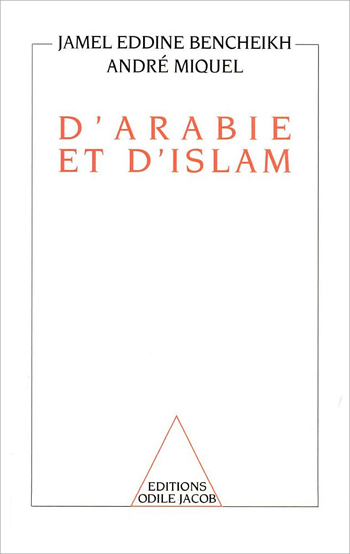
André Miquel, Jamel Eddine Bencheikh
Of Arabia and Islam
Two French specialists on Islam, one Algerian, the other a native Frenchman, discuss Islam and its confrontation with the Western world. Interweaving references to the past and present, they recount a long history of cultural confrontation, marked by continuous debate and violent conflict, repulsion and fascination. Resolutely optimistic, yet painfully aware of the religious intransigence which enshrouds their subject, their conversations shed new light on the conceptions of power and unity within the Muslim world.

